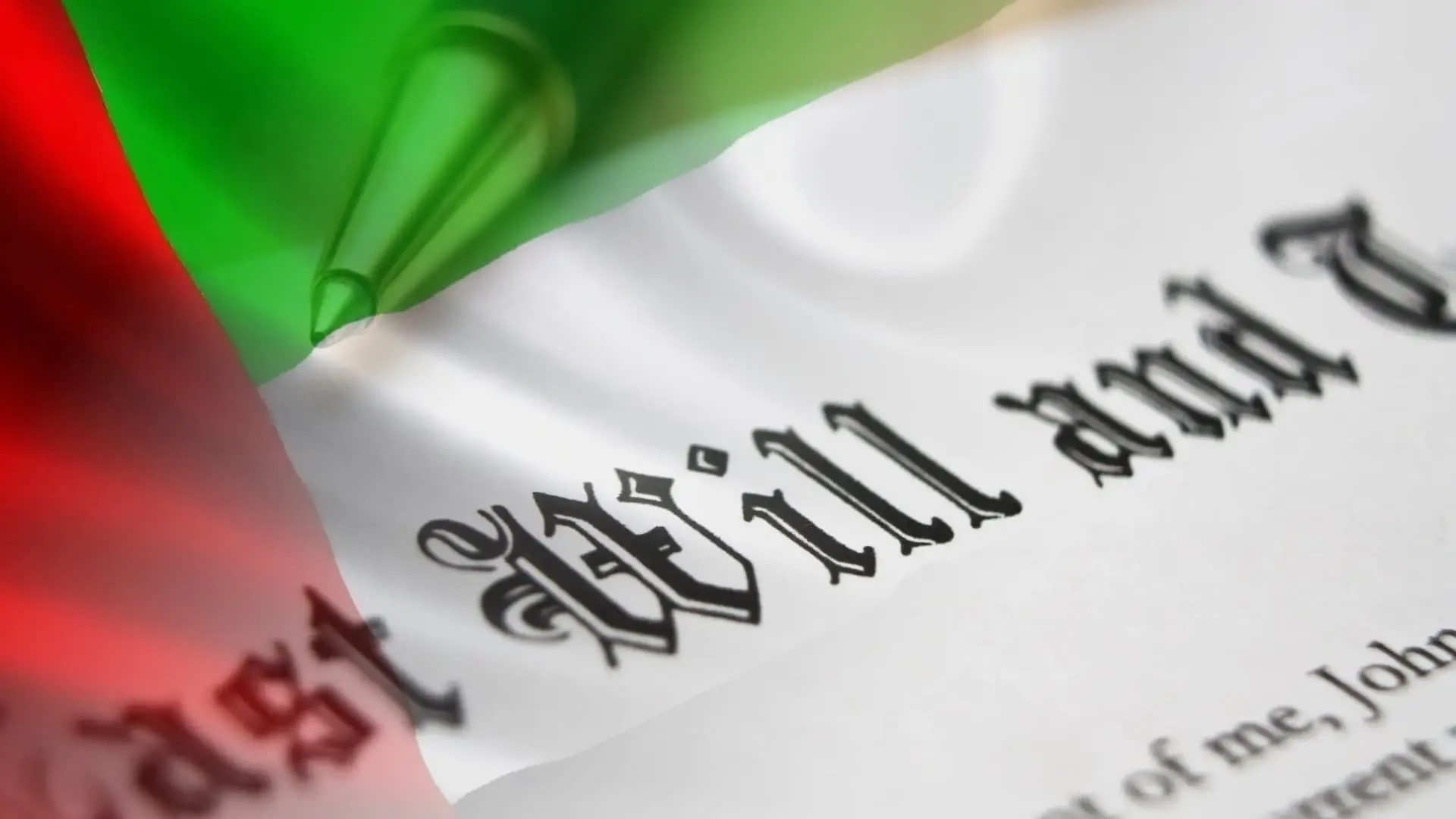Get In Touch
Leave your number and details below and we will call you right away!
Leave your number and details below and we will call you right away!
Leave your number and details below and we will call you right away!
Leave your number and details below and we will call you right away!
Leave your number and details below and we will call you right away!
Leave your number and details below and we will call you right away!


The Probate proceedings in the United Arab Emirates (UAE) can be a complex matter, especially for expatriates. The legal system in the UAE is based on Islamic law (Sharia), and there are specific rules and regulations regarding wills and inheritance. Registering a Will is crucial for expatriates living in UAE, as it helps ensure that their assets in UAE are managed and distributed according to their wishes, taking into consideration the unique legal and cultural aspects of the United Arab Emirates.
Here are some key points that expats should be aware of when it comes to wills in the UAE:
Sharia Law
The UAE follows a legal system influenced by Sharia law, especially in matters of inheritance. In the UAE, Sharia law applies to matters of inheritance for Muslim individuals. For non-Muslims, the principles of their home country's law may be applied (subject to court decision), but local laws and practices can still influence the process. In addition, the probate process in the UAE is not well-established. Probate is not automatic, and the legal system may take long time to conclude distribution of all assets to the legal heirs of the deceased.
This underscores the importance of having a registered will in UAE for an individual or family to ensure that their assets in UAE are distributed according to their wishes. Furthermore, given the complexities and cultural differences, expatriates are strongly encouraged to seek professional legal advice when creating a will in the UAE. This can help ensure that the will is in compliance with local laws and is properly executed.
Distribution of Assets
Registering a will in the UAE by the relevant court or jurisdiction, can help expedite the distribution of assets and avoid lengthy probate processes. A well-structured plan can streamline the legal procedures and reduce the administrative burden on the heirs in concluding the probate proceedings.
For expatriates who own businesses, movable or immovable properties, real estates, vehicles, financial investments, shares, bank accounts or any other asset in UAE, creating a Will is essential for the seamless transfer of their assets as per their wish.
Guardianship of Minor Children
In the UAE, the age of majority is 21 years and above. Expatriates with minor children must register a Will in UAE to appoint legal guardians for their children. This ensures that in the event of the parents' untimely death, there is a clear plan for the care and upbringing of the children. They can use their will to appoint a legal guardian for the minor children. This is particularly important in the event that both parents pass away.
Options for registering the Will
Once the Wills is drafted as per your wish by a qualified lawyer/legal expert, it is advisable to register a will with the Court/jurisdiction to ensure that it is legally recognized. This process involves submitting the will to and paying the registration fee to get the Will registered by the relevant authority, where it will be kept confidential until needed. It's important for individuals, including expatriates, to choose a suitable method for registering their will. The 3 main entities for registering a will in the UAE are mentioned below:
Dubai International Financial Centre (DIFC) Wills and Probate Registry
The DIFC Wills and Probate Registry provides a mechanism for non-Muslim expatriates to register their wills. The DIFC operates its legal system independent of the UAE's Sharia-based legal system, allowing individuals to create wills based on their home country's laws. The registration process involves drafting the will with the help of a qualified lawyer and then registering it with the DIFC Wills and Probate Registry via video call with DIFC officer. The registration fee for Single Will with DIFC is AED 10,000 and Mirror Will (husband and Wife) is AED 15,000.
Abu Dhabi Judicial Department (ADJD)
Similarly, individuals can register their wills with the Abu Dhabi Judicial Department once drafted by a lawyer in compliance with the UAE laws. The process involves submitting the will and attending a video call with notary to register the will. The registration fee for a Will with ADJD is AED 950.
Dubai Courts Notary Public
Wills can be registered with the Dubai Courts once drafted by a lawyer in compliance with the UAE laws. This involves submitting and signing the will before the Notary Public at the Dubai Courts for safekeeping. The registration fee for a Will with Dubai Courts is AED 3000. You may choose to do the online or physical notarization (prices will vary accordingly).
In summary, registration of a Will is a proactive and essential process for expatriates in UAE. It allows individuals to have control over their legacy, protect their loved ones, and navigate the complexities of the legal and cultural landscape in the UAE.
Due to the complexity of legal systems and cultural nuances, seeking professional guidance from legal and financial experts with expertise in UAE laws and regulations is crucial. This ensures that the Will is comprehensive, compliant, and tailored to the individual's specific circumstances.



































































